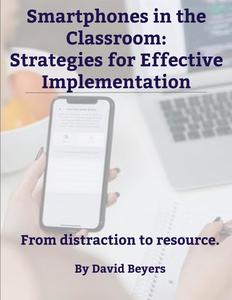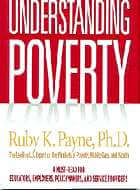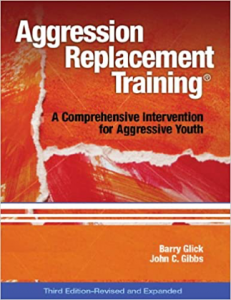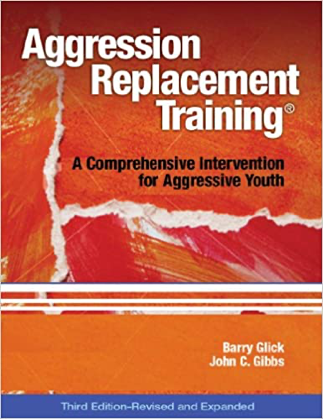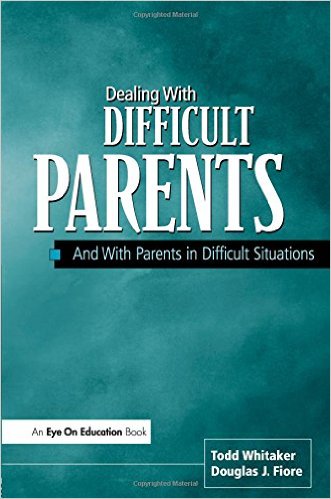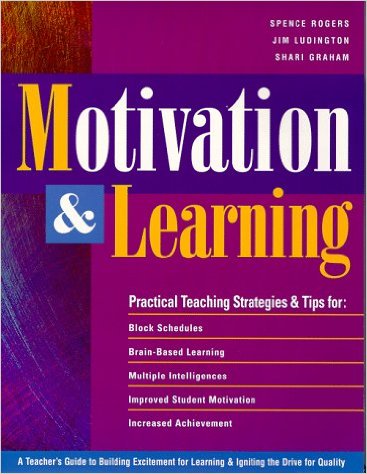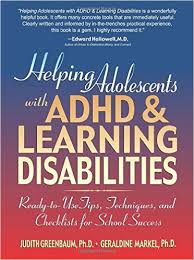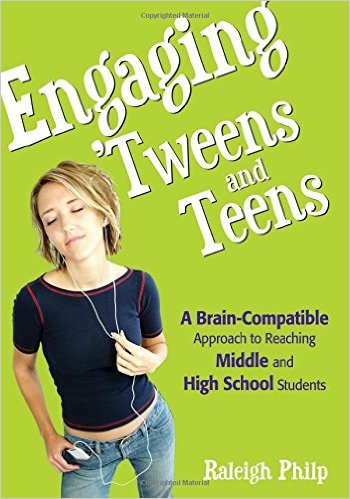“Thank you very much! As discussed, I modified my final essay to be more of a working document for the preparation to guide our newly formed bullying awareness and prevention group in our county. My research outside of the book has really helped to supplement ideas for implementation, as well. I hope you enjoy my work! I have to renew my license by June, so I just wanted to be sure I got this in to you right away!”
- 3 Credits -

3 Semester Credits
(post-baccalaureate
PD credits for re-certification and
pay-lane increases)
- accredited nationwide
- start any time
- up to 5 months to complete
- independent study
- all course materials included with course tuition
- view FAQ
Course Description
This course will present 50 research-based ELL strategies that help teachers convey content material while simultaneously giving their students English-language skills. Step-by-step instructions and concrete examples will help teachers quickly and easily use the strategies in any K-12 classroom and subject area. New strategies and suggestions for assessments are also incorporated throughout the book. Educators will view the enclosed book DVD to apply researched-based instructional strategies and concepts for increasing English proficiency for students in school settings.
Teacher feedback about this course



$425
3 Semester Graduate Credits
Item categoryaccredited-by-csuppage2 not found.Item ma-categoryaccredited-by-csuppage2 not found.Item categoryaccredited-by-csuppage22 not found.Item ma-categoryaccredited-by-csuppage22 not found.
English Language Learners: 50 Strategies
- 3 Graduate Credits -



Course Objectives
- Educators will learn about enhancing instruction through planning and visual scaffolding for language support and connecting communication to the real world.
- Participants will learn how to create language-focused lessons, including read aloud techniques, to support ELL vocabulary building.
- Educators will be exposed to academic language scaffolding and creating frameworks for language acquisition in skill level groupings while supporting individualized instructional needs.
- Participants will be presented with dictoglos, GIST, and syntax surgery concepts for manipulating English grammar to comprehend a variety of language forms.
- Educators will view the DVD 50 Instructional Strategies provided in the back of the book and complete activities to improve teaching techniques for ELL classrooms.
Credit Hours
3 Semester Credits (post-baccalaureate professional development credit)
Course Instructor
Joseph C’de Baca MaEd.
Grade Type
University Transcript: Click Here For Details
English Language Learners: 50 Strategies
What Others Are Saying About This Course
TLC Testimonials

